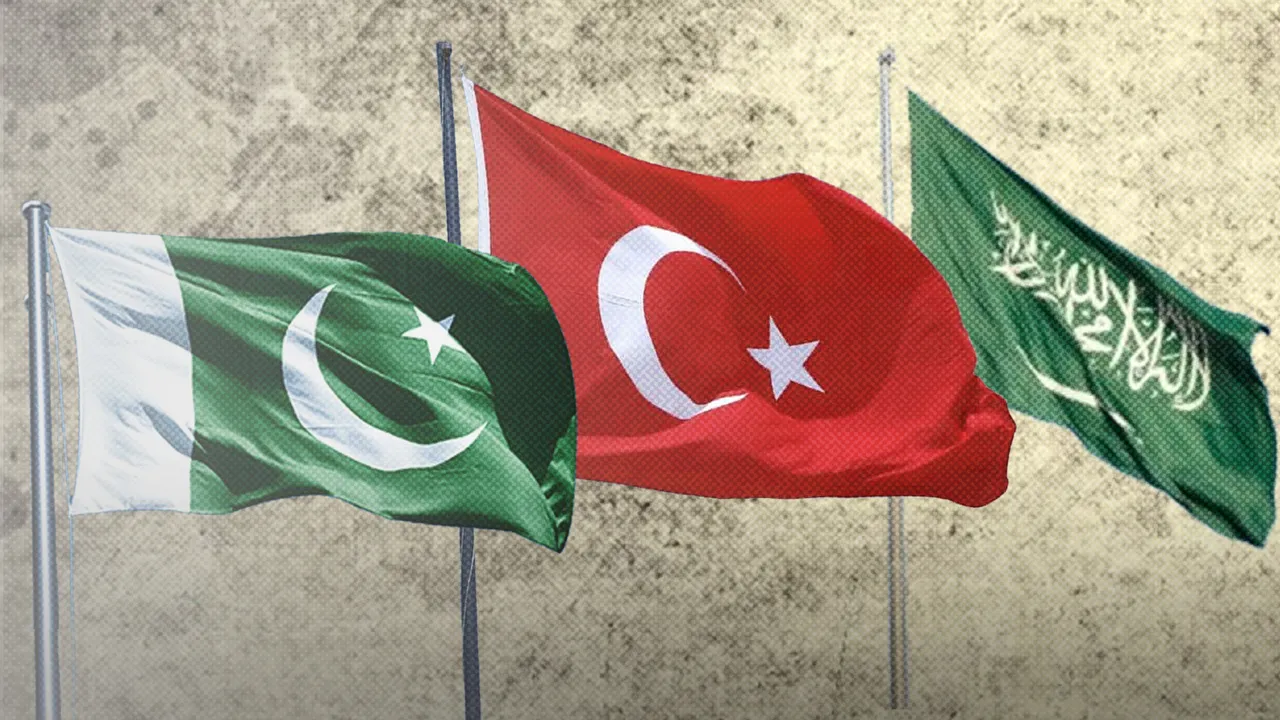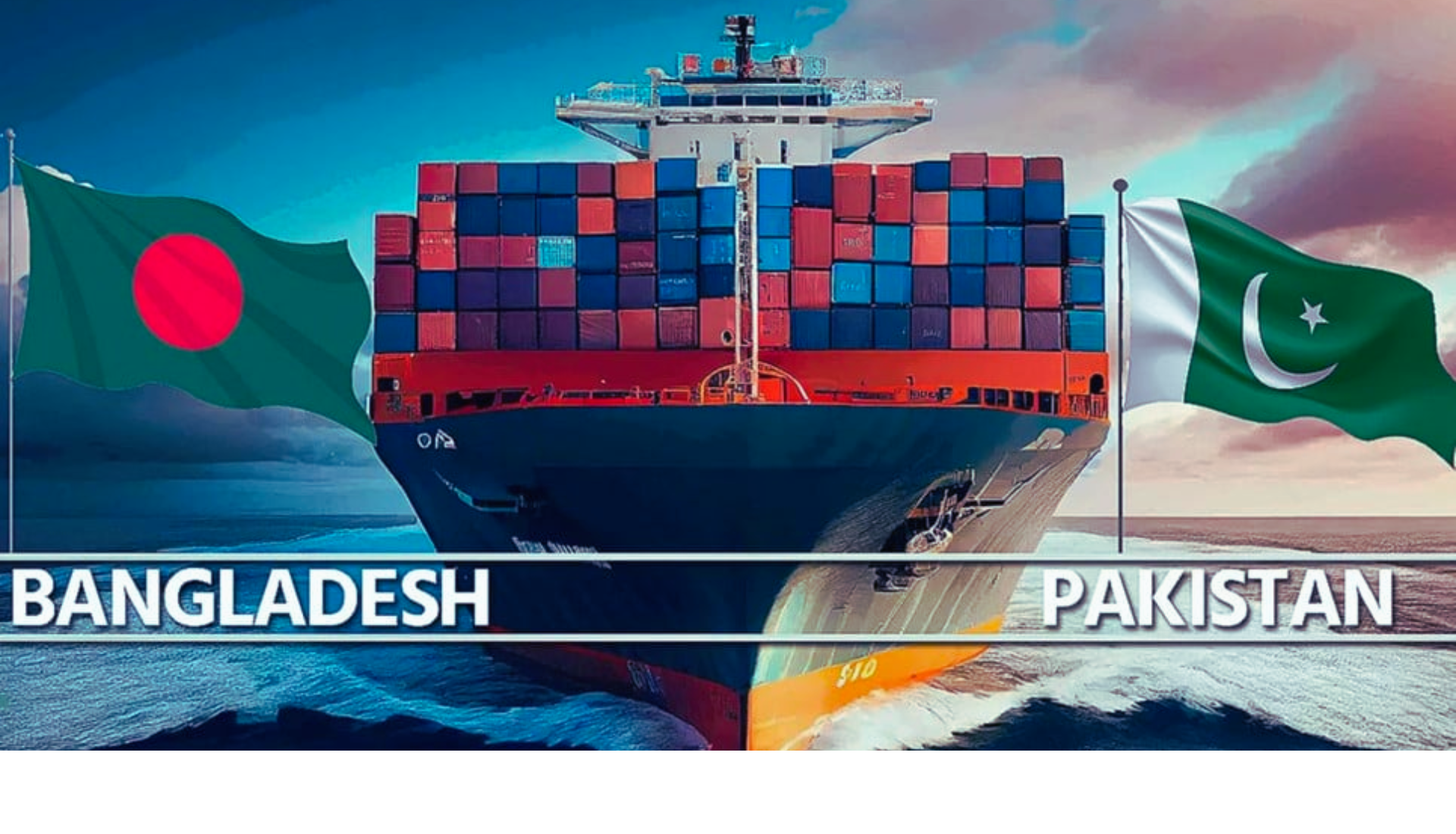February 12, 2025 – Elon Musk, head of the Department of Government Efficiency (DOGE), and former U.S. diplomat Zalmay Khalilzad have jointly called for the shutdown of two prominent U.S.-funded media organizations: Voice of America (VOA) and Radio Free Europe/Radio Liberty (RFE/RL). Their criticism has ignited discussions about the role and funding of government-supported media in the United States.
Musk’s Critique
Musk labeled VOA and RFE/RL as “relics of the past,” questioning the necessity of government-funded media in the current era. He further stated, “It’s just radical left crazy people talking to themselves while torching $1B/year of US taxpayer money.”
Khalilzad’s Perspective
Khalilzad echoed Musk’s concerns, emphasizing that the content produced by these media outlets sometimes appears to be driven by activist narratives rather than journalistic integrity. He suggested that the U.S. should reassess whether such media services genuinely support American interests or if they are being misused to promote alternative agendas.
Background on VOA and RFE/RL
Voice of America, established in 1942, provides news and information in over 40 languages, reaching an estimated weekly audience of more than 326 million people worldwide. Radio Free Europe/Radio Liberty, founded in 1949 and 1951 respectively, broadcasts in 27 languages to 23 countries, with a weekly audience exceeding 47 million. Both organizations operate under the U.S. Agency for Global Media (USAGM), a government agency responsible for overseeing all U.S. international broadcasting.
Also See: Banned Terrorists, Unbanned Voices? X Hosts BLA Propaganda Space
Implications of Potential Closure
The proposed closure of VOA and RFE/RL raises questions about the future of U.S. international broadcasting and its role in promoting democracy and free press globally. Supporters of these organizations argue that they serve as vital sources of independent news in regions with restricted press freedom. For instance, in Afghanistan, where media freedom has declined under the current regime, these platforms provide a critical voice for those without access to independent reporting.
The debate over government-funded media is not confined to the United States. In Pakistan, VOA has faced criticism for its reporting, with allegations of bias and interference in internal affairs. Such criticisms highlight the challenges faced by international broadcasters in maintaining credibility and neutrality.
Elon Musk and Zalmay Khalilzad’s call for the closure of VOA and RFE/RL has sparked a broader conversation about the role of government-funded media in the modern information landscape. As discussions continue, the future of these organizations remains uncertain, with potential implications for global media freedom and the dissemination of information.

![Elon Musk, Zalmay Khalilzad call for shutting down VOA, RFE/RL, sparking debate on U.S. government-funded media. [Image via Pajhwok]](https://southasiatimes.org/wp-content/uploads/2025/02/Elon-Musk-1024x575-1.webp)




